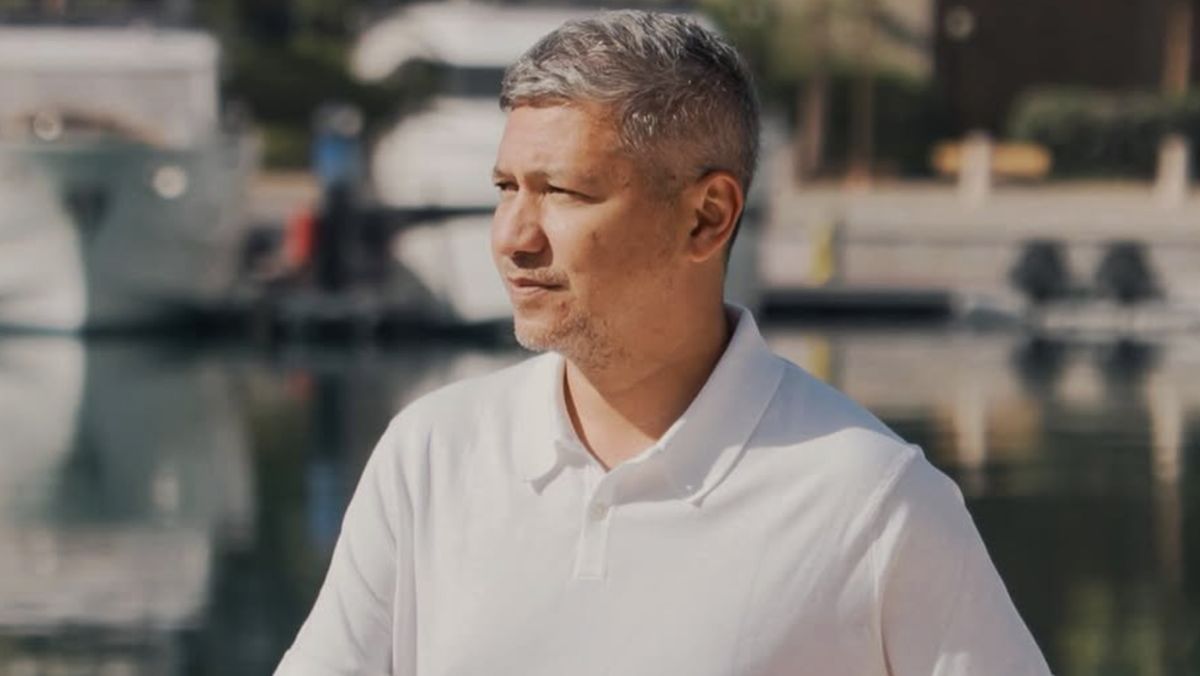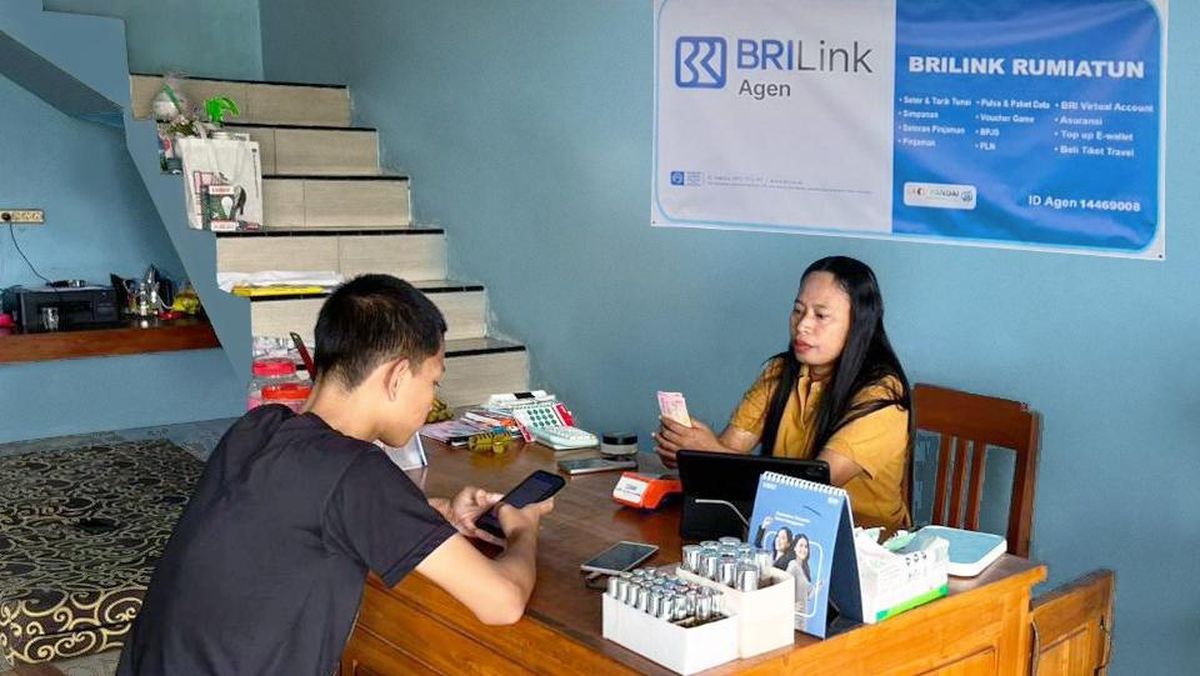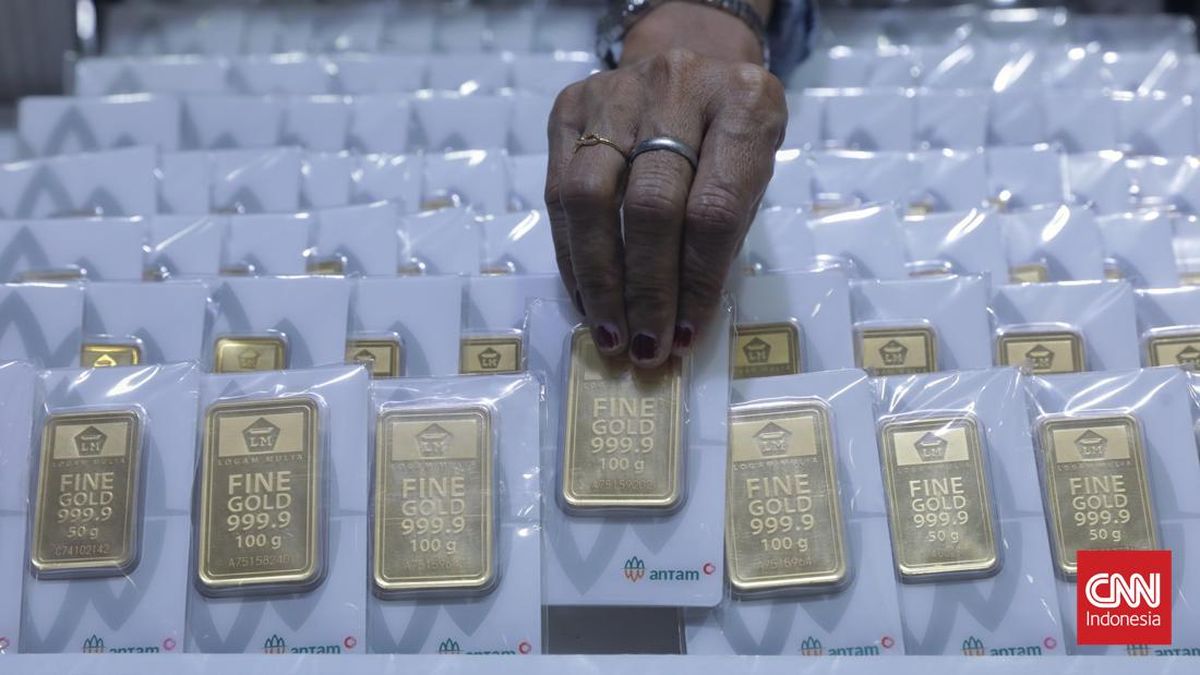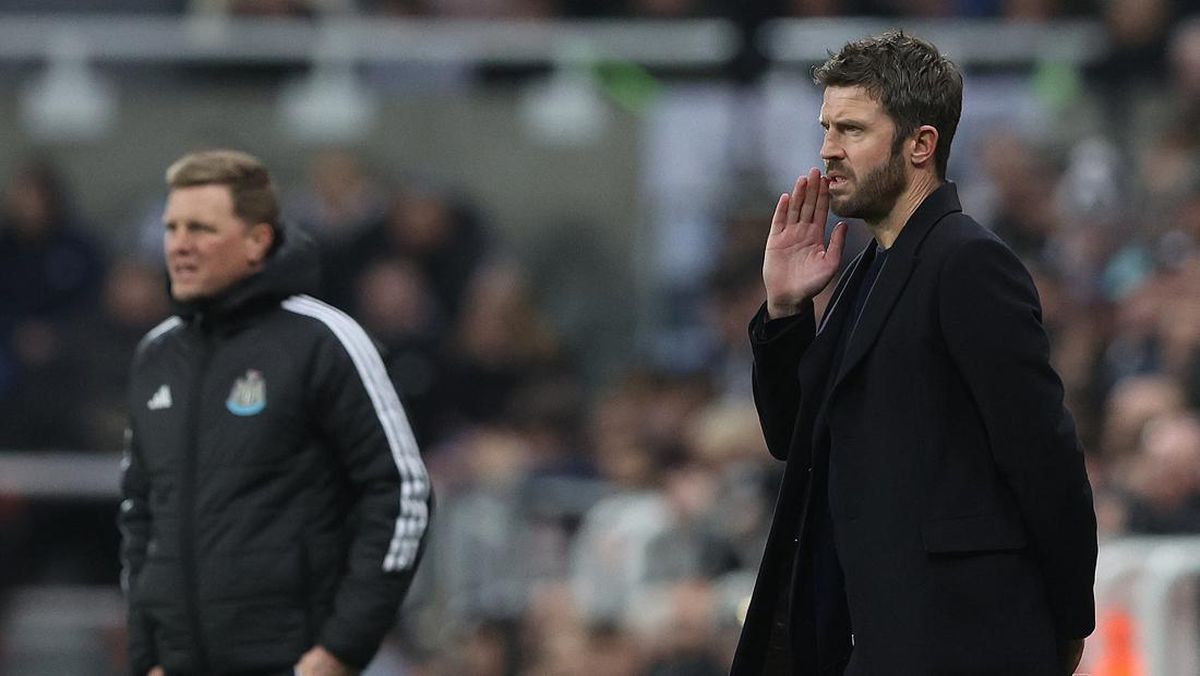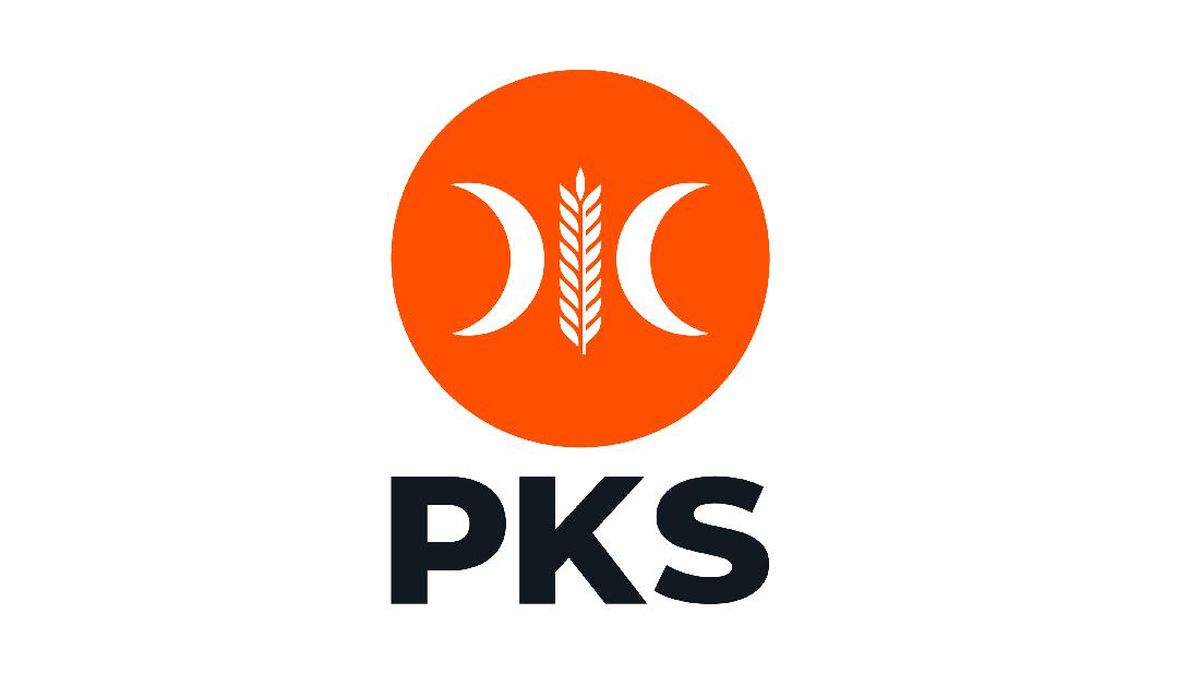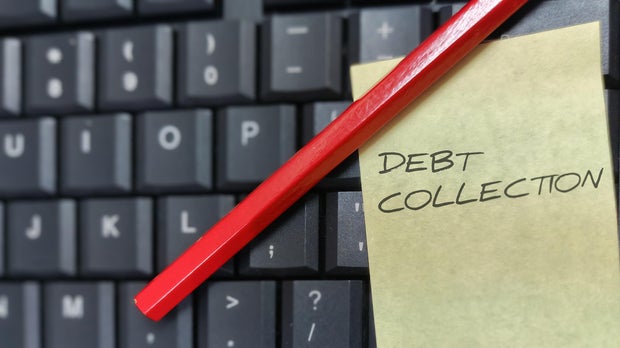 Debt sales happen more often than borrowers realize, but the switch can still be jarring.
Hanizam/Getty Images
Debt sales happen more often than borrowers realize, but the switch can still be jarring.
Hanizam/Getty Images
Between lingering issues with inflation, high borrowing rates and a generally tough economic landscape, today's borrowers are struggling. Not only are more people relying on credit cards to meet their basic needs, but as that type of debt skyrockets due to compounding interest, it has resulted in rising payment delinquencies and record-high household debt. And, as borrowers' credit card balances continue to balloon out of control, causing them to go unpaid, millions of borrowers are finding themselves in standoffs with debt collection agencies.
That alone can be a frustrating issue to deal with, especially given how aggressive debt collection tactics can be. And, when you owe money to a debt collector, you won't necessarily owe that same debt collection agency over the longer term, which can further complicate the issue. Your debts can be bought and sold over and over, meaning that your collection accounts can suddenly change hands with no warning. This switch can be jarring, especially if you're unsure whether the new debt collector is legitimate or what they can legally do to collect the money that's owed.
Debt sales happen more often than borrowers realize, though, and they tend to pick up when economic conditions tighten, like they have since the start of the year. But what actually happens when a debt collector sells your debt? That's what we'll examine.
Find out how to get rid of your collection debt for less now.
What happens when a debt collector sells your debt?
When a debt collector sells your account, it essentially transfers ownership of the debt to another company, typically a different collection agency or a debt buyer. These buyers pay only a fraction of the debt's original balance, often pennies on the dollar, because the accounts are considered risky or difficult to collect. Once the sale occurs, the new owner becomes the entity responsible for collecting on the account. Here's what typically happens after that:
You'll start hearing from a new debt collector
After the sale, the new company must notify you that it now owns the debt. This usually happens through a written notice explaining the balance, the creditor information and your right to dispute the account. Phone calls, emails or texts may follow soon after, depending on your state's rules and your existing communication preferences.
Chat with a debt expert about how you can get your finances back on track.
Your original payment arrangement may no longer apply
If you were paying the previous debt collector under a formal or informal agreement, that arrangement may not carry over after the debt is sold. The new debt collector isn't required to honor a plan made with a different company, though some may be willing to match it if the payments were consistent.
The debt balance itself does not change
The amount owed remains the same unless the new debt collector offers a settlement or removes fees that were improperly applied. The ownership is what changes, not your legal obligation. The new debt collector may be able to tack on interest or fees, though, depending on the laws in your state.
Your credit report will still reflect the delinquent debt
A debt sale doesn't restart the credit reporting clock. The original delinquency date remains the same, and the account will continue to fall off your credit report based on the standard seven-year timeline. The new debt collector may be listed on your report, but the removal date doesn't change.
Your rights remain fully intact
You still have the right to request debt validation and dispute any information you believe is incorrect. And all debt collectors, old or new, must follow the Fair Debt Collection Practices Act (FDCPA), which prohibits harassment, threats, calls at unreasonable hours or misleading claims.
What should you do if your debt is sold?
If your debt has been sold, you may have more options than before, especially if the new debt collector purchased the account for far less than the balance is worth. Here are steps you can take to help you regain control:
- Request debt validation immediately. You should formally ask the new debt collector to verify the debt within 30 days of receiving the notice. This forces them to prove the debt is legitimate, that they own it and that the amount is accurate. If they can't validate it, they cannot continue collecting.
- Negotiate strategically. Because debt buyers acquire accounts at steep discounts, they may be more open to settlement offers. Some borrowers successfully negotiate lump-sum settlements for a reduced amount, while others arrange affordable payment plans.
- Know when to seek professional debt relief. If you're struggling with multiple debts, persistent collection efforts or unmanageable balances, debt relief services may offer a more structured path to resolution. These options — such as debt forgiveness, debt management or even bankruptcy — can help you lower the total amount you owe, simplify payments or eliminate certain debts.
- Understand the statute of limitations. If the debt is old enough, it may be past the period when debt collectors can legally sue you. This does not erase the debt, but it can influence how you choose to respond and negotiate.
The bottom line
When a debt collector sells your debt, the ownership changes, but your rights do not. You'll need to adjust to working with a new debt collector, but the underlying balance, the credit-reporting timeline and the legal protections you're entitled to remain the same. This transition can be disruptive, but it may also open the door to negotiation or more sustainable debt-relief strategies.
Edited by Matt Richardson










